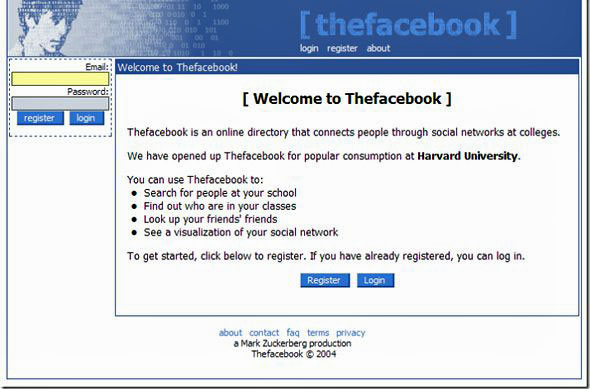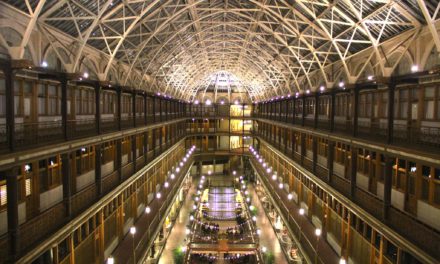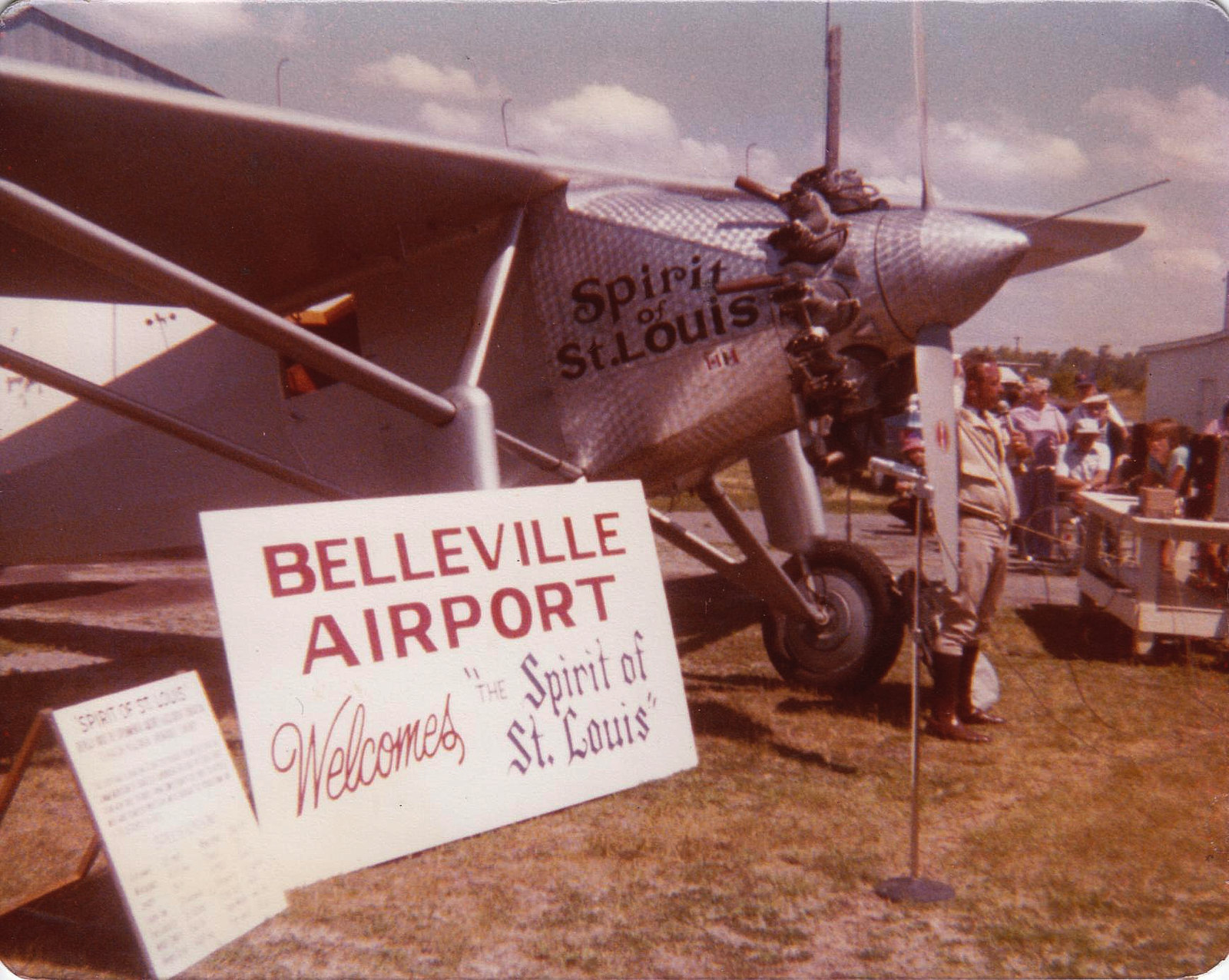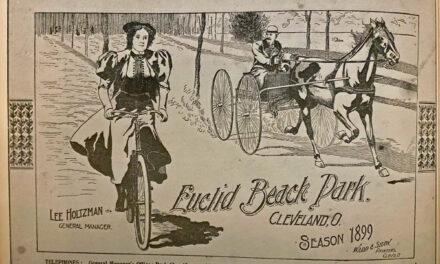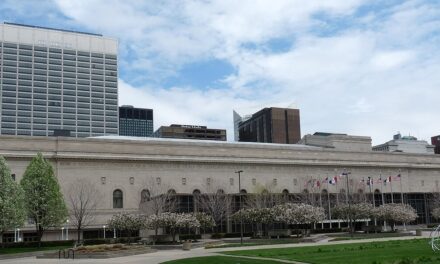CLEVELAND HISTORY
First Electric Streetcar in Cleveland (February 3, 1884): Cleveland witnessed the operation of its first electric streetcar, marking a significant transition in urban transportation. This innovation facilitated the expansion of the city’s transit system and played a crucial role in urban development, allowing for greater mobility and the growth of suburban areas.
Opening of the Cleveland Auto Show (February 4, 1903): This event marked the debut of the Cleveland Auto Show, an annual exhibition that showcases the latest in automotive innovation and design. The show has become one of the oldest and most prestigious auto shows in America, reflecting Cleveland’s significant role in the early automotive industry.
Establishment of Cleveland State University (February 5, 1965): On this day, Cleveland State University was officially established, providing significant educational opportunities and contributing to the city’s development as a center for higher learning. The university has since played an integral role in the educational and economic growth of the region.
Severance Hall’s First Concert (February 6, 1931): Severance Hall, the home of the Cleveland Orchestra, hosted its first concert. This event marked the opening of one of the most acoustically refined concert halls in the world and solidified the Cleveland Orchestra’s reputation as one of the finest orchestras globally.
Founding of the Great Lakes Science Center (February 9, 1996): The Great Lakes Science Center was opened to the public, aimed at promoting science, technology, engineering, and mathematics (STEM) education among the youth and the general public. Its establishment has been key in enhancing educational tourism and fostering a science-inclined community in the region.
WORLD HISTORY
U.S. Breaks Diplomatic Relations with Germany (February 3, 1917): On this day, the United States severed diplomatic ties with Germany in response to Germany’s announcement of resuming unrestricted submarine warfare in the waters surrounding the United Kingdom. This policy threatened neutral shipping and directly challenged U.S. neutrality, eventually leading to the U.S. entering World War I in April 1917. The decision marked a significant shift in U.S. foreign policy, moving away from isolationism towards active involvement in European affairs.
Launch of Facebook (February 4, 2004): Facebook was launched by Mark Zuckerberg and his college roommates from their dormitory at Harvard University. Initially designed as a social network for Harvard students, it quickly expanded to other universities and eventually to the general public. Facebook’s introduction has dramatically altered the landscape of social media, affecting global communication, information dissemination, and even political mobilization.
FDR’s Court-Packing Plan (February 5, 1937): President Franklin D. Roosevelt proposed a plan to add more justices to the U.S. Supreme Court, ostensibly to make it more efficient. Critics, however, saw this as an attempt to pack the court with justices who would support his New Deal policies, which had faced significant legal challenges. The plan was controversial and faced strong opposition, ultimately failing in Congress. However, it resulted in a shift in the Court’s attitudes, leading to more favorable rulings on New Deal legislation.
Queen Elizabeth II Ascends to the Throne (February 6, 1952): Following the death of her father, King George VI, Elizabeth II became the queen of the United Kingdom and other Commonwealth realms at just 25 years old. Her reign has seen significant changes in the monarchy and British society, including the decolonization of Africa and the Caribbean, the transition to a modern state, and the evolution of the Commonwealth.
The Beatles on “The Ed Sullivan Show” (February 9, 1964): The Beatles’ first live performance on American television on “The Ed Sullivan Show” was a landmark moment in the history of popular music and cultural exchange between the UK and the USA. This appearance ignited Beatlemania in the United States, leading to the band’s immense popularity and influence worldwide. It is often cited as a key moment in the global spread of rock and roll music.

